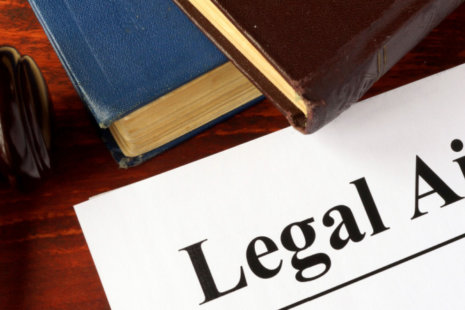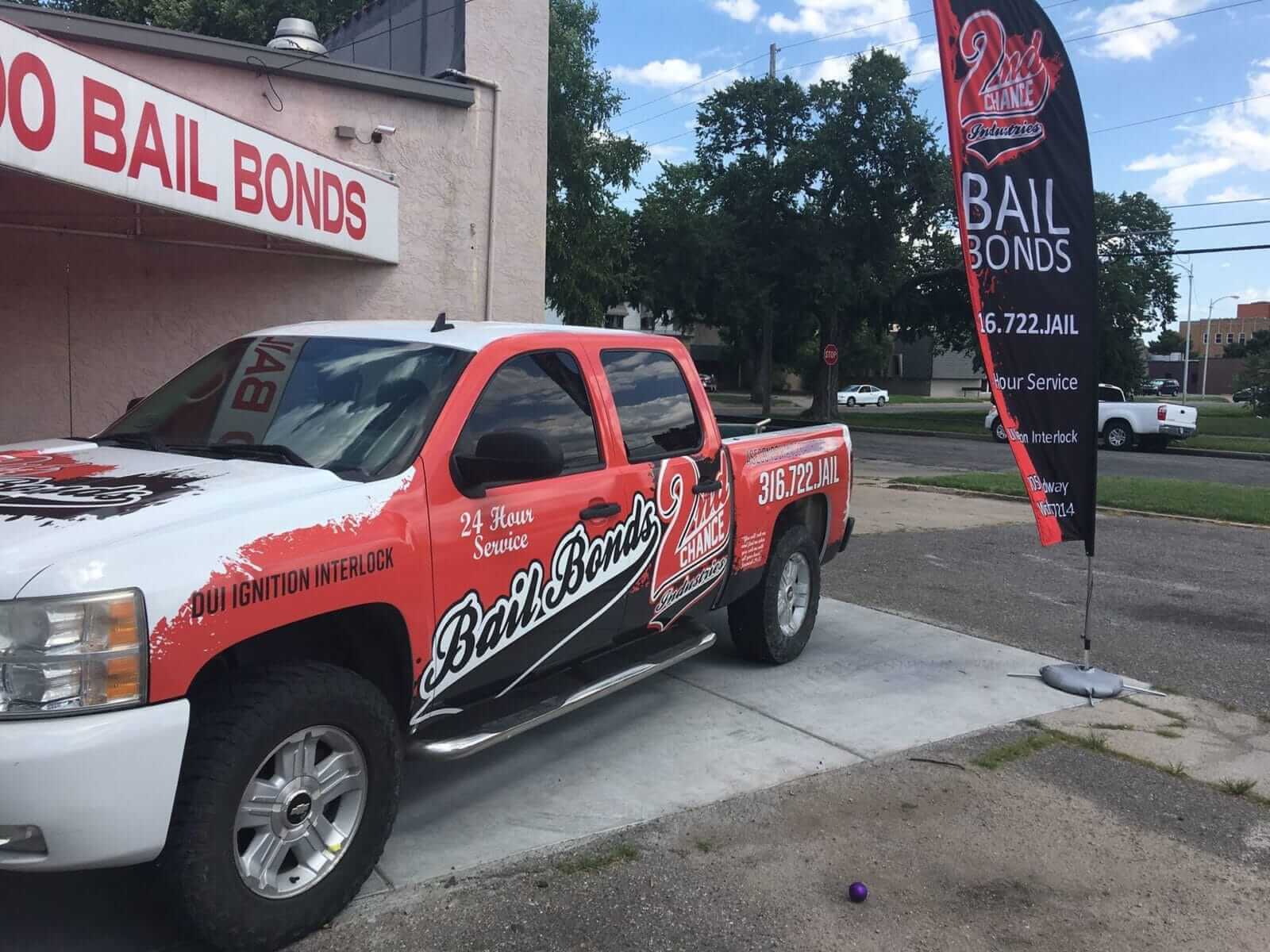An open court bond simply means that the accused cannot be granted bail to bring him out of jail directly. The only way that this person can bond out is by engaging in an open court hearing, and the judge enforces a bond requirement on the accused.
There are several flight risk cases that the accused cannot be bailed out while in jail or during this hearing.
However, the requirements for bailing will be imposed on the accused, which they have to follow. Of course, there are instances where the judge may deny you bail application. Check on the following to see such occurrences.
Denial of Bail
Usually, every suspect has a right to be released before the trial period, but if they pose a danger to the general public, then the bail may be denied altogether by the judge.
Right to Bail
Any defendant is innocent until they are found guilty. The government, however, has to look for a way to ensure you show up in court. Bail is used here to strike a balance between making sure people do not skip jail and still holding on to the innocence presumption.
The defendant has the right to be released on bail, and so the main issue with bond is technically the amount. During the hearing, the defendant may try to plead with the judge to bring down the bail amount or even scrap it off entirely. The prosecutor may, however, say that the bail amount is to ensure that the defendant does not try to skip bail.
Protective Detentions and Public Safety Exceptions
In some regions, the right to bail can be waivered subject to public safety exceptions. Now, these exceptions make lawyers argue that the defendants that may seem to pose a danger to society and therefore should be denied bail. That can be termed as protective detention.
Federal Courts
In federal courts, the judge can deny the defendant bail due to his dangerousness. However, protective detention is only allowed in this type of court for accused people who were charged with specific crimes. Some of these crimes include:
- Crimes that have a maximum penalty which could be death or life imprisonment
- Crimes of violence
- Felonies that were done on minor victims, or use of weapons
- Drug offenses that could lead up to ten years imprisonment
When you are charged with these offenses, you are sure to be denied bail. However, to be rejected the bail; the judge must find reasonable doubt that they are protecting the interest of the public. In denying a defendant bail after they have applied for open court bond, the judge must consider these:
- The defendant’s criminal history
- The strength of the evidence against the defendant
- Circumstances and nature of the charges against the defendant
- The level of the danger posed to the public by the defendant
- Personal traits of the defendant
Some of the personal characteristics might be issues like mental health history, family ties, substance abuse, and employment. In case a judge decides to deny you bail, they ought to write down the reasons why they have come up with that conclusion. A defendant has the right to appeal that decision, but the chances of winning that petition are slim in most cases.






